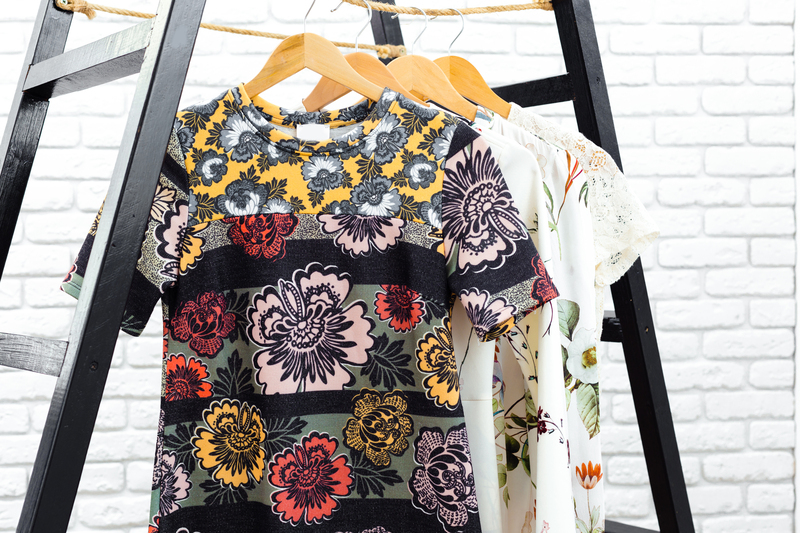Say Goodbye to Hard Rubbish: Disposal Tips
Are you overwhelmed by the accumulation of hard rubbish in your home or office? You're not alone. This guide is designed to help you efficiently and responsibly manage your hard waste, ensuring a cleaner environment and more organized space. Whether you're planning a spring clean or clearing out space for a home renovation, saying goodbye to hard rubbish can be a straightforward task when done right.
Understanding Hard Rubbish
Before diving into disposal tips, it's crucial to know what hard rubbish entails. Hard rubbish typically refers to large, bulky items that cannot be disposed of through regular waste management systems. This category includes:
- Furniture items like sofas and beds
- White goods such as refrigerators
- Large electronic appliances
- Carpets and rugs
- Building materials and scrap metal

Plan Your Disposal Strategy
Recognize Your NeedsBefore setting out to dispose of hard rubbish, identify exactly what's to go. Make a list to avoid overlooking any items and categorize them based on their condition and material type.
Disposal Tips for Hard Rubbish
1. Utilize Council Collection Services
Many local councils offer free or subsidized hard rubbish collection services. It's a convenient option for disposing of items like large furniture or appliances. Check your local council's website or contact them to understand the collection schedule and guidelines.
Tip: Ensure items are placed outside your property correctly on the designated collection day to avoid fines or items being left behind.
2. Visit a Recycling Center
For reusable items, recycling centers are a fantastic option. Many centers accept various materials, from metals to certain plastics, which can be processed and repurposed. Check for centers in your area and their accepted materials lists.
Advantages of Recycling Centers:- Promote sustainability by reducing landfill waste
- Contribute to local recycling initiatives
3. Leverage Second-Hand Sales
Consider selling items that are still in good condition. Platforms like eBay, Craigslist, and Facebook Marketplace are excellent for finding buyers for your old furniture, electronics, or other reusable hard rubbish.
Tip: Ensure all items are clean and functional before listing them for sale, and provide clear pictures and descriptions to attract buyers.
4. Donation to Charity
A generous way to get rid of usable items is to donate them. Charitable organizations often accept furniture, electronics, and more. Contact local charities or look online for organizations that offer pick-up services.
Benefits:- Supports individuals and families in need
- Declutters your space while doing good
5. Consider Hiring a Skip Bin
If you have significant amounts of hard rubbish, hiring a skip bin might be efficient. These bins can accommodate various items and are ideal for renovation debris or garden waste.
Things to Remember:- Choose the correct size bin for your needs
- Avoid overfilling, as this can incur additional costs
- Adhere to guidelines on prohibited items
6. Engage Professional Rubbish Removal Services
If the thought of dealing with hard rubbish overwhelms you, consider hiring a professional rubbish removal service. They offer a quick and hassle-free solution, handling everything from pick-up to disposal.
Points to Consider:- Verify the company's credentials and reviews
- Get a clear quote to avoid hidden fees
7. Participate in Community Swap Meets
Community swap meets are fantastic opportunities to not only dispose of hard rubbish but also acquire new items. These events promote reuse, reduce waste, and foster a sense of community.
Tip: Promote the swap meet within your local area to increase participation and the diversity of items.

Sustainable Practices: Why Proper Disposal Matters
The importance of proper hard rubbish disposal extends beyond tidiness. It plays a vital role in environmental sustainability. Landfills are rapidly filling, and many items that end up there could be recycled or reused. Responsible disposal mitigates environmental harm and promotes resource conservation.
Environmental Impact Reduction
Proper disposal minimizes the harmful environmental impact by reducing the release of toxins from electronics and preventing the build-up of non-biodegradable materials in landfills.
Efficient Resource Use
Recycling hard waste contributes to more efficient resource use. Metals, for instance, can be melted down and repurposed, limiting the necessity for new raw material extraction.
Conclusion
Managing hard rubbish doesn't have to be a daunting task. With a little planning and the implementation of appropriate disposal methods, you can easily clear your space and contribute positively to the environment. Explore the options above, and choose those that best fit your needs and priorities. Say goodbye to hard rubbish and hello to a cleaner, clutter-free living space!